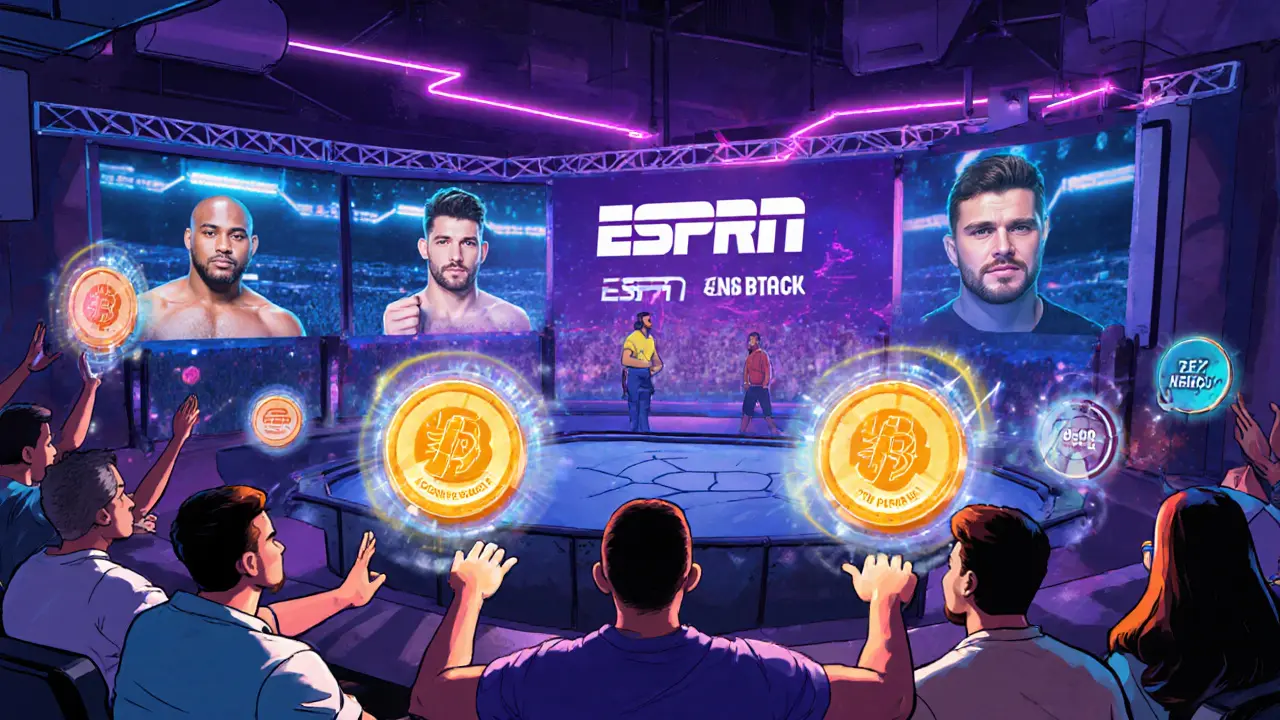BLOCK coin: What It Is, How It Works, and What You Need to Know
When people say BLOCK coin, a term often confused with specific crypto tokens but actually referring to the foundational unit of blockchain transaction processing. It's not a coin you buy on exchanges—it's the structure behind every transaction on Bitcoin, Ethereum, and dozens of other networks. Think of it like this: every time you send crypto, that action gets bundled into a BLOCK, then added to a chain of previous blocks. That’s the blockchain. And the time it takes to create each block? That’s block time, the interval between new blocks being added to a blockchain. block confirmation time is another name you’ll hear. Bitcoin’s block time is 10 minutes. Ethereum’s is 12 seconds. Solana’s is under a second. That difference changes everything—how fast you get your funds, how much you pay in fees, and even how secure the network feels.
Block time isn’t just a technical detail. It shapes what kind of crypto projects succeed. Fast block times? Great for gaming tokens like ZED Token or DeFi apps that need instant trades. Slow block times? Better for Bitcoin, where security and decentralization matter more than speed. And when a project claims to have a "BLOCK coin" as a product, they’re usually just talking about their native token—like WANA or RNBW—that runs on a blockchain with a specific block time. That’s why you’ll see posts here about fake airdrops, dead tokens, and exchanges that promise speed but deliver nothing. They’re all tied to how blocks work under the hood.
Understanding block time helps you spot the noise. If a token’s trading volume is zero but the team says "our blockchain is revolutionary," check their block time. If it’s slower than Ethereum’s, it’s probably not faster. If it’s faster than Solana’s, it’s probably unstable. And if someone’s selling you a "BLOCK coin" as an investment, ask: is this a real asset, or just a name slapped on a dead project? The posts below dig into exactly that—real cases where block time, tokenomics, and user trust collided. You’ll see how ONUS grew from an airdrop into a working DeFi tool, how KTN’s smart contract failed, and why BtcPro and Alita Finance vanished overnight. This isn’t theory. It’s what happens when block time meets real users—and sometimes, when it doesn’t.
What is Blockasset (BLOCK) crypto coin? A practical guide to its use, value, and risks
Blockasset (BLOCK) is a utility crypto token for BlockBet, a Web3 sportsbook offering 20% cashback on bets and exclusive UFC athlete content. Low liquidity and regulatory limits make it risky, but useful for hardcore sports fans.
read more

